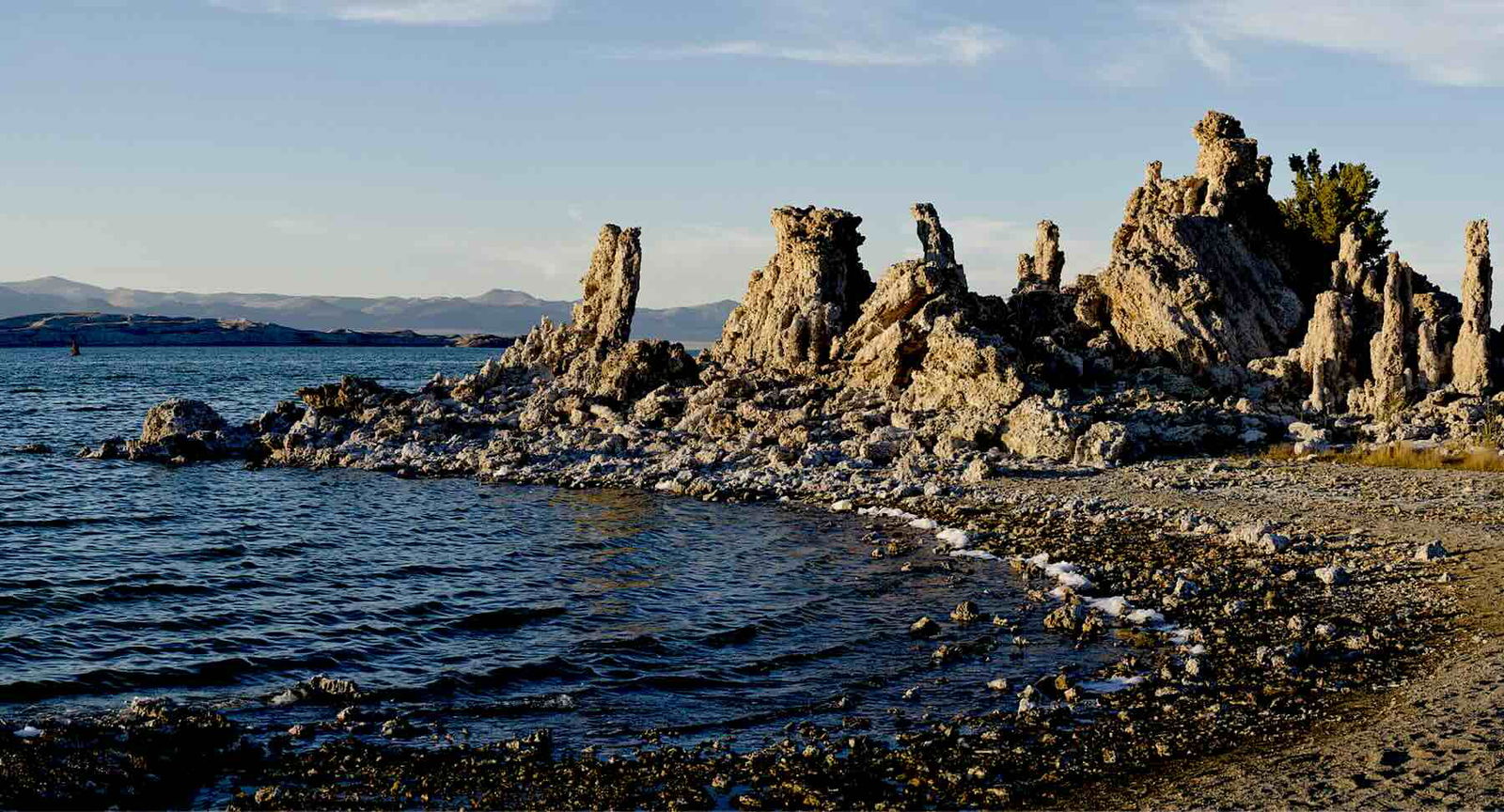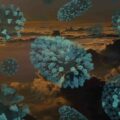The discovery of a remarkable new organism thriving in a seemingly inhospitable “alien” landscape is revealing new insights into the evolution of multicellular life and the ways it interacts with bacteria.
The new species of choanoflagellate, dubbed Barroeca monosierra and discovered by researchers in eastern California’s salty Mono Lake, has been found to form multicellular colonies, in addition to hosting its own unique microbiome.
The “Aliens” at California’s Mono Lake
Well known not only for its salt content, but also its high levels of poisonous arsenic and cyanide, Mono Lake’s extreme and otherwise inhospitable environment makes it an unusual destination for researchers seeking previously undocumented life forms. The location’s otherworldly appearance, complete with tufa limestone columns that arise from its waters, formed over time from the accumulation of calcium carbonate minerals, also prompts frequent comparisons to an “alien” environment.
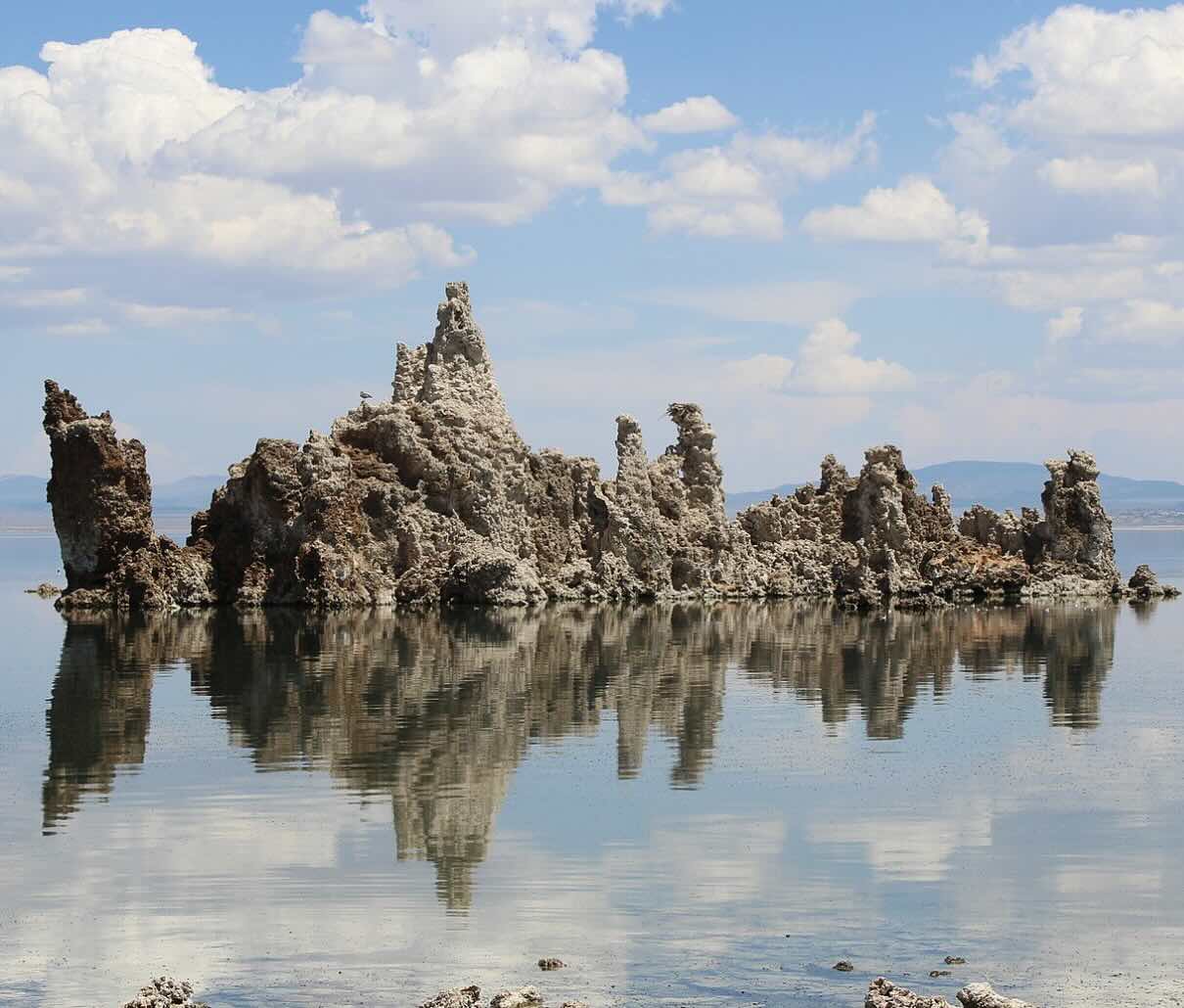

However, the discovery of the new choanoflagellate and its unique ability to form colonies and host a microbiome present a potentially important new model for the study of early multicellular life and its evolution over time.
The new findings may also help to shed light on the relatively complex interactions between organisms and bacteria.
Mono Lake, found in California’s Eastern Sierra Nevadas, is a place where little life is found. That isn’t to say that at least some organisms can’t thrive there, although the ones which have shown the most success are normally relegated to species of brine shrimp and alkali flies.
During recent studies at the lake undertaken by researchers with the University of California, Berkeley, the lake’s briny shallows revealed a microscopic new organism that isn’t quite an animal itself, although it is closely related to them.
Multicellular Colonies and Early Life
Capable of forming multicellular colonies that bear some resemblance to embryos in higher organisms, choanoflagellates like Barroeca monosierra may help to offer researchers a unique window into how life on Earth might have originated more than 650 million years ago.
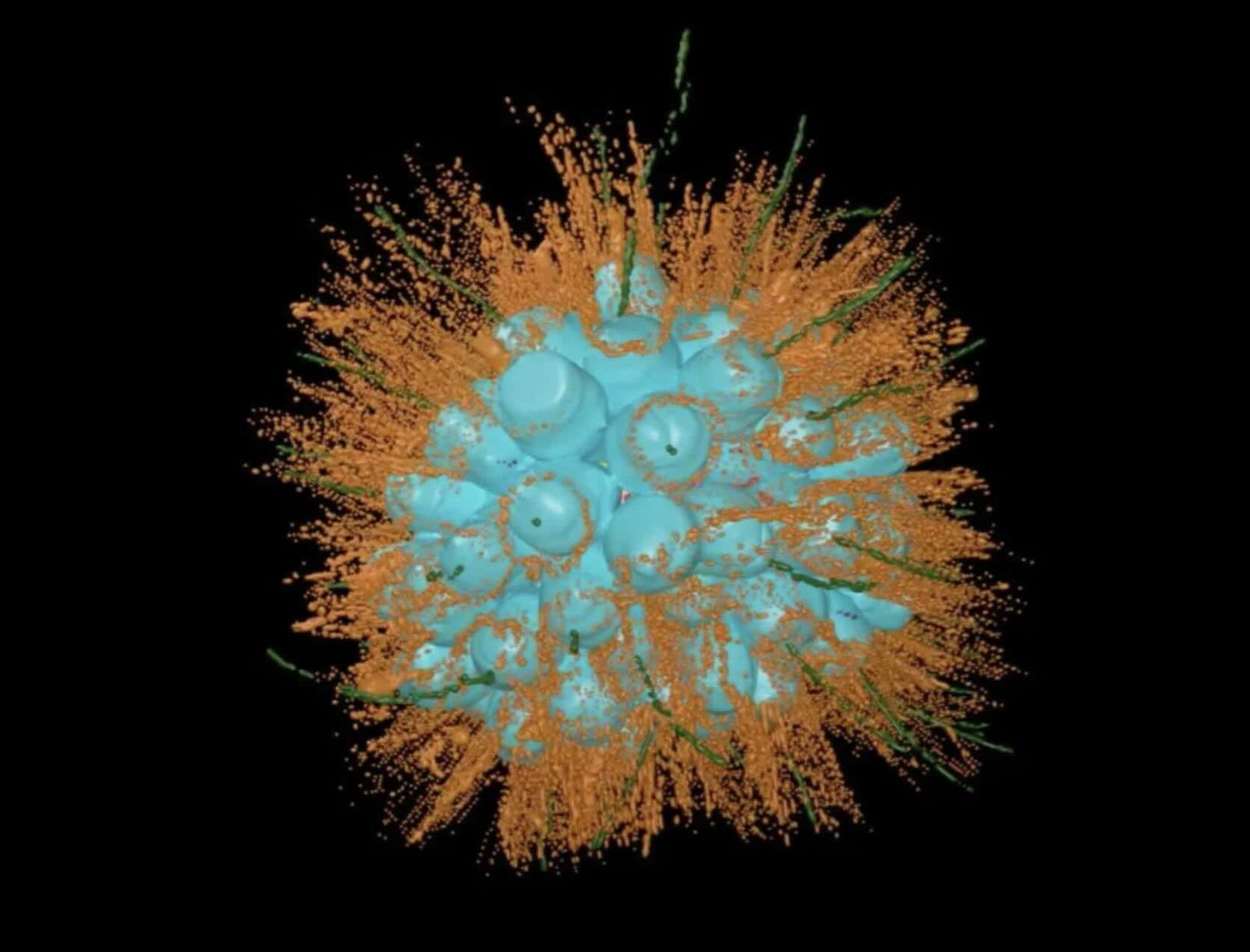

One of the key surprises about the recent discovery by the Berkeley researchers is that B. monosierra is the first known choanoflagellate researchers have found that can maintain a physical relationship with bacteria, as opposed to simply thriving off them. This unique finding suggests that B. monosierra may be among the simplest organisms known that can also possess a microbiome, which provides researchers a way to study early eukaryote-bacteria interactions.
Nicole King, a professor at UC Berkeley who studies choanoflagellates as a means of revealing early life forms that existed on Earth prior to the evolution of animals, says observing the interactions between organisms like B. monosierra and bacteria allows us to reconstruct long distant aspects of Earth’s biological past.
“Animals evolved in oceans that were filled with bacteria,” King said in a recent statement. “If you think about the tree of life, all organisms that are alive now are related to each other through evolutionary time.”
“So if we study organisms that are alive today, then we can reconstruct what happened in the past.”
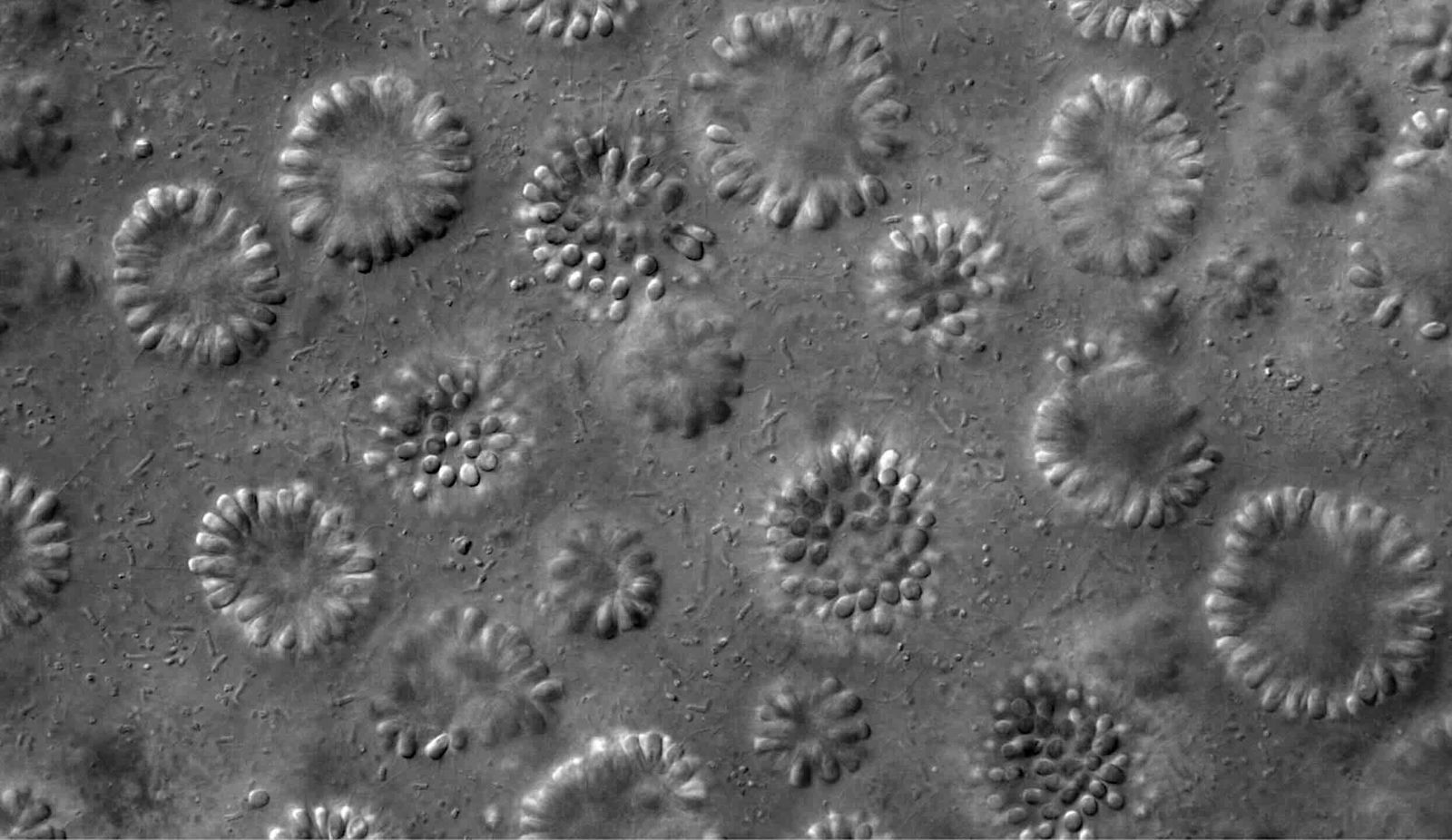

For researchers like King, understanding the origins of interactions between early animals or animal-like organisms and bacteria also helps us understand the formation of complex systems, like the human microbiome, over time.
As the team’s research continues, King and her colleagues say they plan to use B. monosierra as a sort of “model organism” that can help them explore the evolution of organisms more deeply, which King hopes will provide new insights into how early life on our planet was able to adapt and thrive in what were often very demanding environments, not unlike the present habitate of modern-day Mono Lake.
Additionally, the presence of B. monosierra could also hint at the existence of other novel forms of life that have managed to adapt to the demands of Mono Lake’s salty and otherwise unforgiving conditions.
The research team describes their findings involving B. monosierra in a new paper published in the journal mBio, highlighting its potential to bridge gaps in our understanding of evolutionary biology.
Micah Hanks is the Editor-in-Chief and Co-Founder of The Debrief. He can be reached by email at micah@thedebrief.org. Follow his work at micahhanks.com and on X: @MicahHanks.
